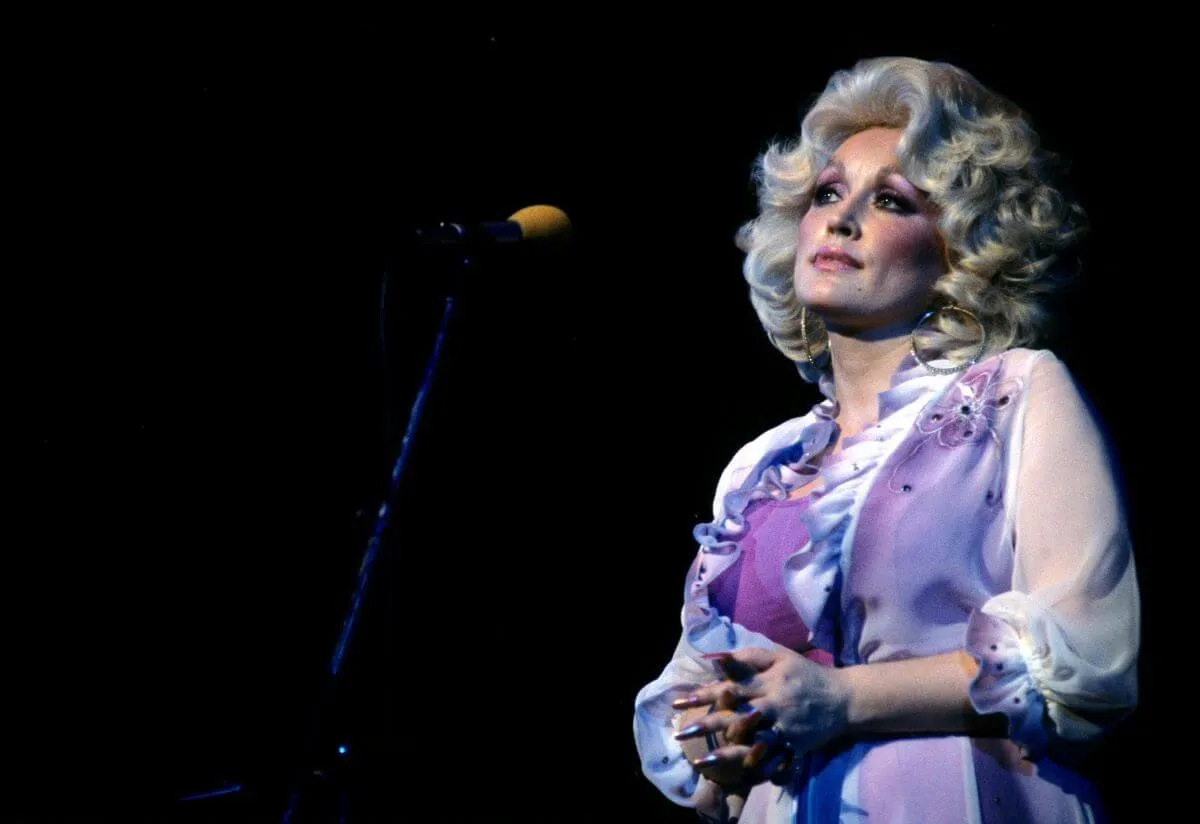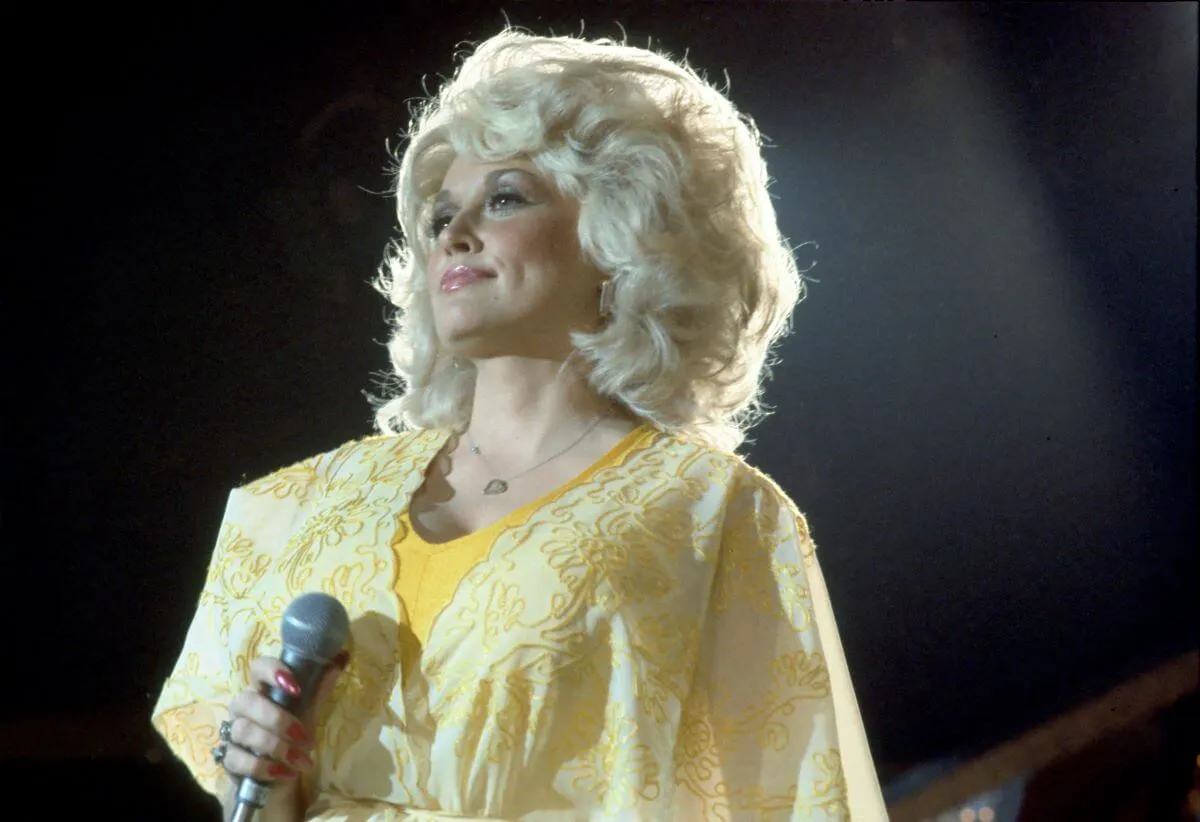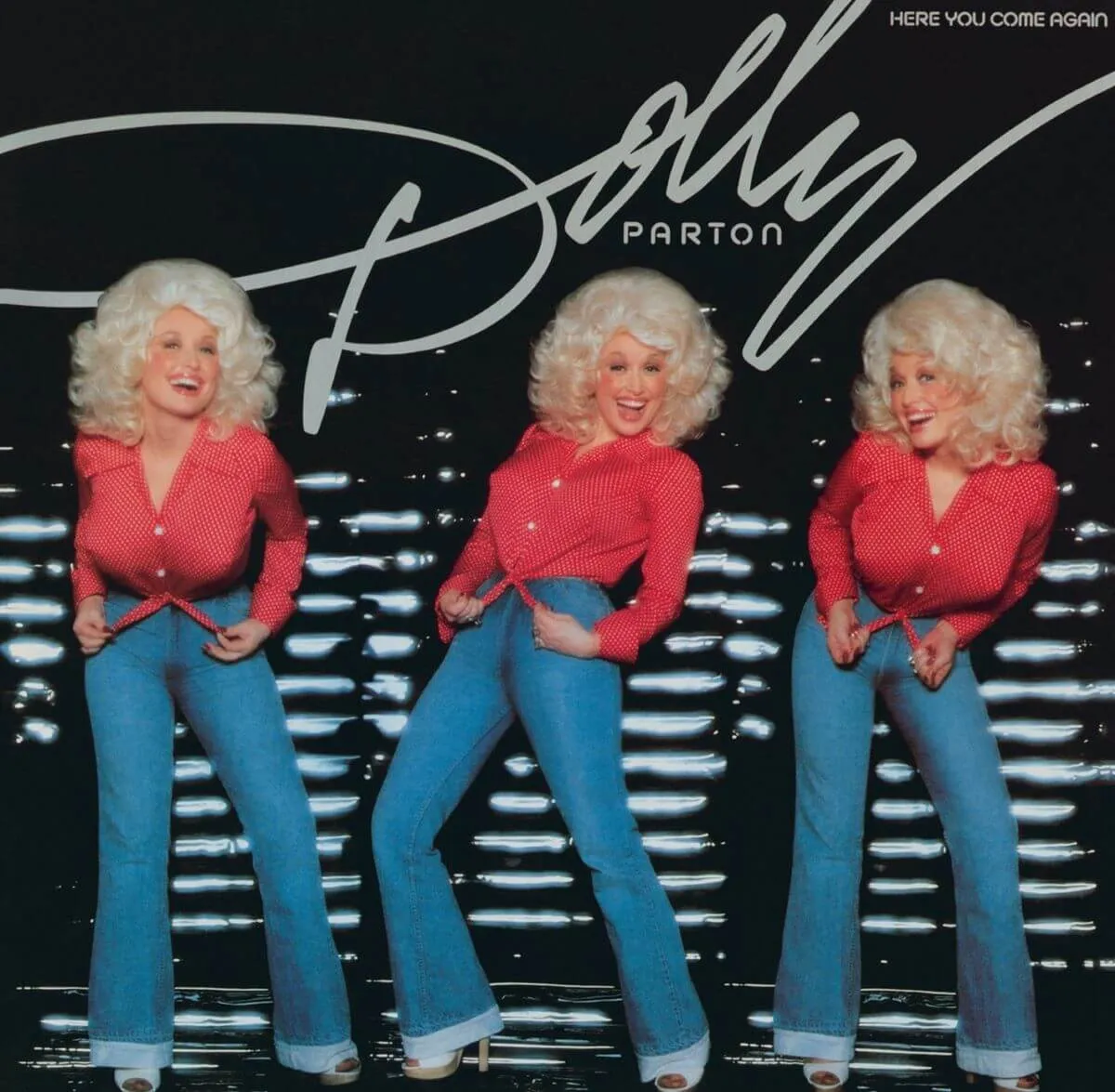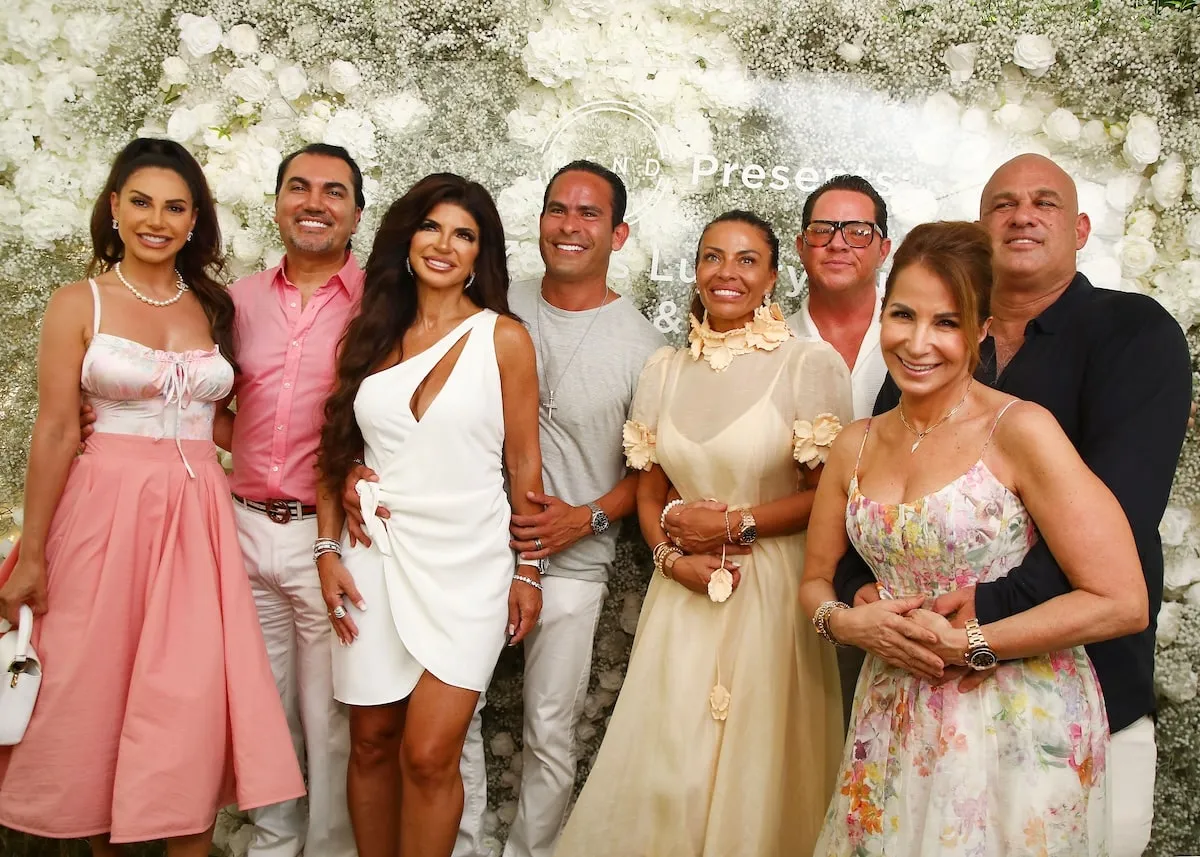
Dolly Parton Was ‘Livid’ After a Reporter Wished She ‘Had a Cocaine Stash Somewhere’
Dolly Parton has charmed many reporters over the course of her career. The singer is professional, full of stories, and quick to crack a joke, making her a solid interview subject. While Parton said she generally values her relationship with the press, there are certain interviews that have bothered her. One reporter made her particularly angry with just a sentence.
Dolly Parton did not appreciate what 1 reporter wrote about her
As Parton’s fan base grew throughout the 1970s, she gave more interviews to sources outside the country music sphere in Nashville. Some reporters, upon hearing her accent, tried to stylize it in the text of the interview. Parton couldn’t stand seeing this.
“A horrendous writer in Green Bay tried to write a negative piece, but it didn’t come off,” reporter Dave Hershey said in the book Dolly by Alanna Nash. “The woman quoted Dolly as saying ‘Ah’ for ‘I,’ and Dolly got a little rankled at that. She said, ‘She tried to make me sound like a country bumpkin.’”

There was another part of the article that angered Parton even more. It affected her for the rest of the day.
“But there was a line in the story that really angered her,” Hershey said. “The woman wrote, ‘Dolly Parton is so sweet you’d almost hope she had a cocaine stash somewhere.’ My wife showed the piece to her, and she was livid for the rest of the day. This was nothing except a woman trying to be clever at Dolly’s expense, but Dolly said, ‘This is the nastiest thing anybody’s written about me in quite a while.’ The day after, she seemed really down and wouldn’t do any interviews — just the fact that it was not a rave.”
She knew the value of a good interview
Hershey said he could tell that Parton knew exactly how valuable interviews were to her career.
“What’s amazing to me is that she knows every magazine in the country and what they mean to her,” he said. “Our circulation is three million, and I got a two hour interview.”
Hershey’s wife worked for a magazine with a larger audience. Parton gave her a more extensive interview because she wanted to reach those readers.
“My wife is a senior editor at Family Circle, and its circulation is nine million,” Hershey said. “She got a four-hour interview. Dolly knows Family Circle is the heartland, she’s got her hard-core fans out there.”
Dolly Parton frustrated a reporter with her repetition
Because both Hershey and his wife interviewed Parton, he was able to clearly see the way she recycled anecdotes with different outlets. This was a bit frustrating for him.
“Dolly knew we were married, or maybe she forgot, but she knew we were traveling together, and she repeated the same anecdotes to us as if they were fresh,” Hershey said. “She’s really got the lines down. That’s what disturbs me more than anything. I went out there, thought I got really good stuff, and then came back and read the clips and got a little depressed, because most of the anecdotes were in the clips.”

He said he was thrilled to have gotten one line that seemed new, only to realize Parton said it to Nash a year prior.
“She gave me one great quote — she said, ‘I can’t run or jog, ‘cause I’d black both my eyes,’ and my friend at Rolling Stone who does Random Notes was all excited about it,” Hershey recalled. “He said, ‘Jesus, what a great quote. Can I have it?’ I said, ‘No, it’s one of the few things I have that I haven’t read in the clips.’ And then I found out she’d given it to you a year and a half ago. I was sick. She’s got like twenty lines that she just keeps trotting out every so often, and it’s very calculated. Occasionally, she’ll slip and give you something different, but very rarely.”
As a result, Hershey came to view Parton’s public image as a calculated act.

